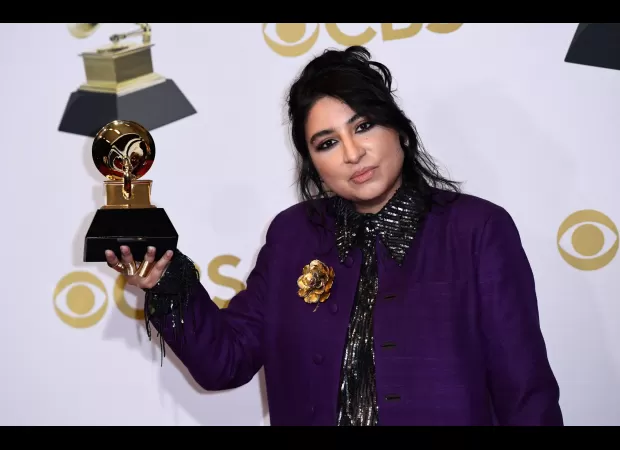Despite being the first Pakistani to win a Grammy, I constantly have to justify my achievements.
Allow me to freely express myself without questioning the cultural significance.

Allow me to freely express myself without questioning the cultural significance.
9 Views


